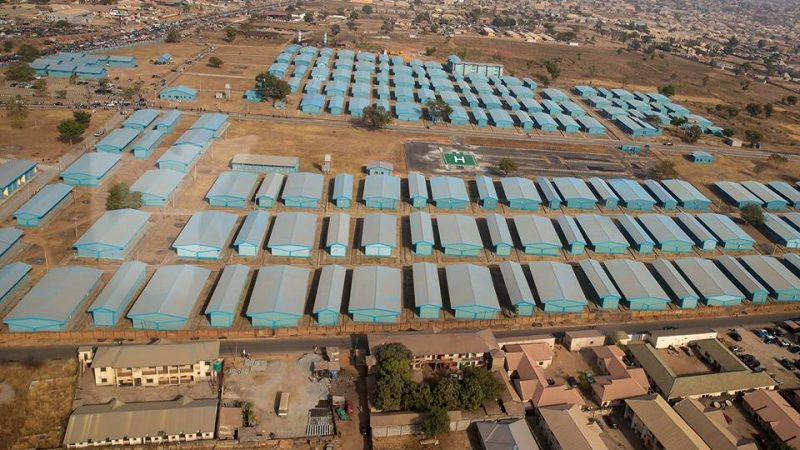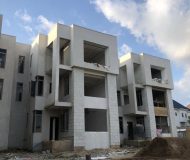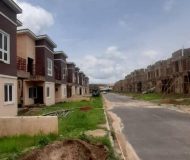
Experts urge tax reform in real estate to boost homeownership
The growth of the housing sector and access to homes in Nigeria face numerous challenges, with a significant issue being the complexity of taxes affecting developers and building materials producers in the delivery of end-products. Experts assert that reforming industry taxes and implementing interventions will play a pivotal role in improving homeownership.
Governments at both federal and state levels are urged to conduct a thorough review of existing taxes within the real estate sector as part of ongoing tax reforms aimed at enhancing housing accessibility nationwide. Industry stakeholders are also calling for interventions to support building materials manufacturers and property developers, ultimately increasing the rate of homeownership.
Property tax has traditionally served as a crucial revenue source for governments at various levels, and these taxes are typically imposed on homeowners based on the assessed value of their properties. States such as Lagos, Kano, Enugu, Ondo, Bauchi, Abuja, and Borno, among others, often assign the administration of property tax to their respective boards of internal revenue.
While property tax is essential for funding public services like roads, schools, and hospitals, the real estate sector in Nigeria is grappling with challenges such as duplicated taxes, varied valuation methods, discriminatory rates, and the inclusion of ground rent. These factors contribute to Nigeria’s homeownership rate lagging behind that of other nations, with the United States, South Africa, Benin Republic, and Kenya boasting higher rates.
In addition to tax-related challenges, Nigeria’s real estate industry is heavily impacted by economic instability and inflation, with the inflation rate reaching 26.72% in September 2023.
The variety of taxes in the real estate sector includes ad valorem property tax, stamp duty tax, Capital Gains Tax (CGT) on property, personal income tax on property, tenement rates, Land Use Tax (LUT), value-added tax on property, and others. The Federal Government has demonstrated its commitment to tax reform through the establishment of the Presidential Fiscal Policy and Tax Reform Committee, which has proposed measures to address the duplication of functions in public service.
Experts in the field are advocating for industry-specific interventions to stimulate real estate activities and reduce the estimated 28 million housing deficits in the country. Professor Austin Otegbulu, a specialist in Estate Management at the University of Lagos, suggests critical tax reforms, including tax holidays for developers to facilitate the provision of more affordable housing.
Otegbulu emphasizes that high tax rates, in conjunction with interest rates on loans, create a burden for developers, making it challenging for them to break even. He proposes a moratorium of up to five years for developers to stabilize after borrowing from banks before initiating tax payments. Additionally, incentives and tax rebates for building materials producers are recommended to alleviate the financial strain on the industry.
Muyiwa Adelu, the immediate past president of the Association of Town Planning Consultants of Nigeria (ATOPCON), emphasizes the urgency of tax reform to address the soaring prices of building materials. He criticizes states that use the housing sector as a source of tax revenue, calling for an end to such practices. Adelu also underscores the need for reforms in the mortgage system to make homeownership more accessible to Nigerians.
In summary, tax-related challenges and the need for targeted interventions pose significant obstacles to the growth of Nigeria’s real estate sector. Stakeholders, including experts and industry leaders, are advocating for comprehensive tax reforms, incentives for developers, and improvements in the mortgage system to address these challenges and boost the real estate industry.





